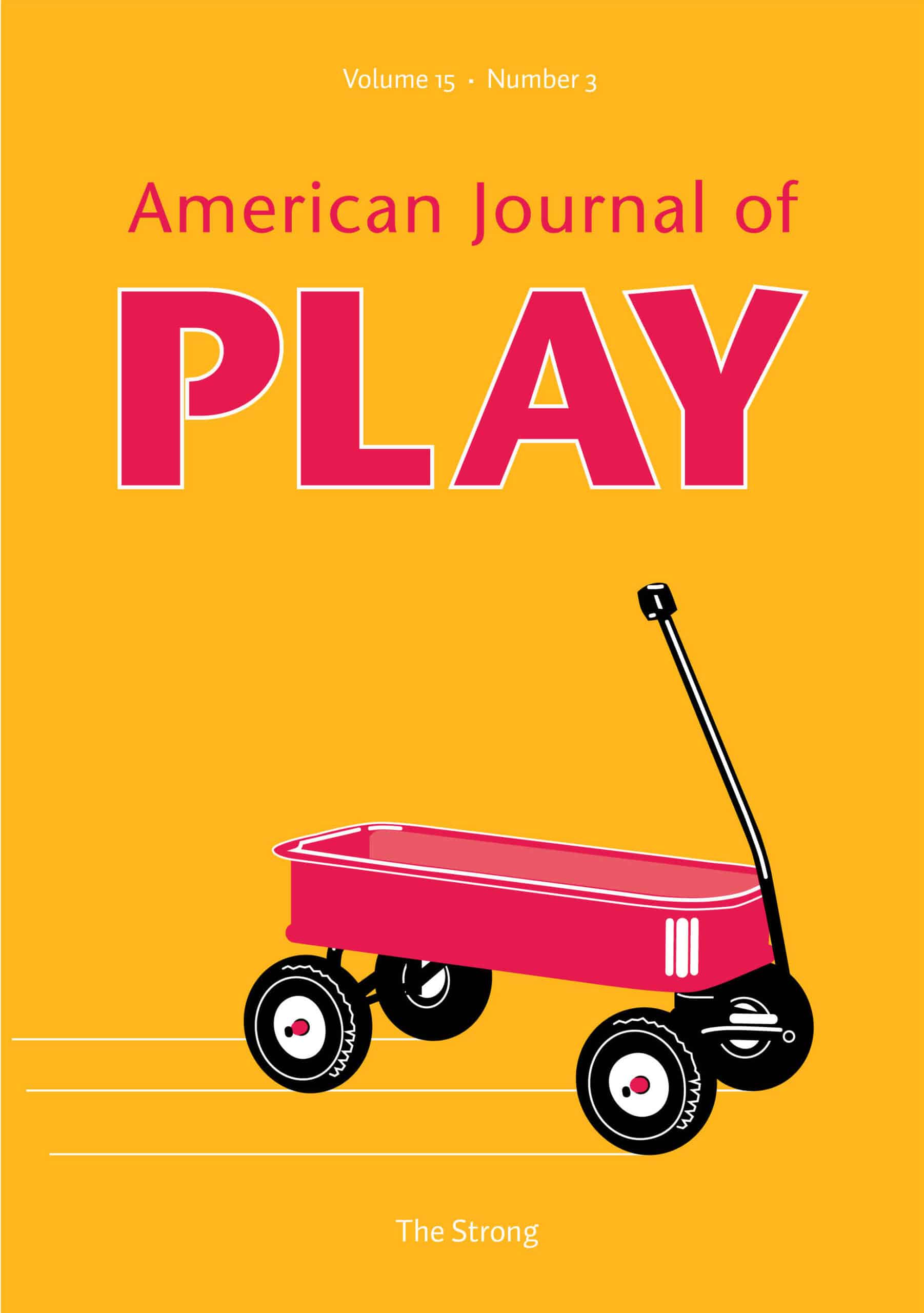Why Vygotsky [Still] Matters: An Interview with Elena Bodrova and Deborah J. Leong
Elena Bodrova is cofounder and knowledge advisor at Tools of the Mind, an educational nonprofit in Colorado. In collaboration with Deborah Leong, she created the Tools of the Mind early childhood curriculum and professional development program for teachers based on the theories of learning of Lev S. Vygotsky and his disciples. Her engagement with Vygotsky’s work began at the Russian Institute for Preschool Education and continued in the United States at the Metropolitan State University of Denver, where she was a visiting professor, and at Mid-continent Research for Education and Learning, where she served as a principal researcher. She has authored many articles and book chapters about early literacy, assessment, play, and self-regulation. Deborah J. Leong is cofounder and president of Tools of the Mind and professor emerita of developmental and educational psychology at Metropolitan State University. She has coauthored numerous articles, books, and videos about play, the Vygotskian approach to education, self-regulation and executive functions developments in preschool and kindergarten, and assessment and measurement in the early childhood classroom. Key words: child development; cultural-historical approach; early childhood education; Lev S. Vygotsky; make-believe play; zone of proximal development





